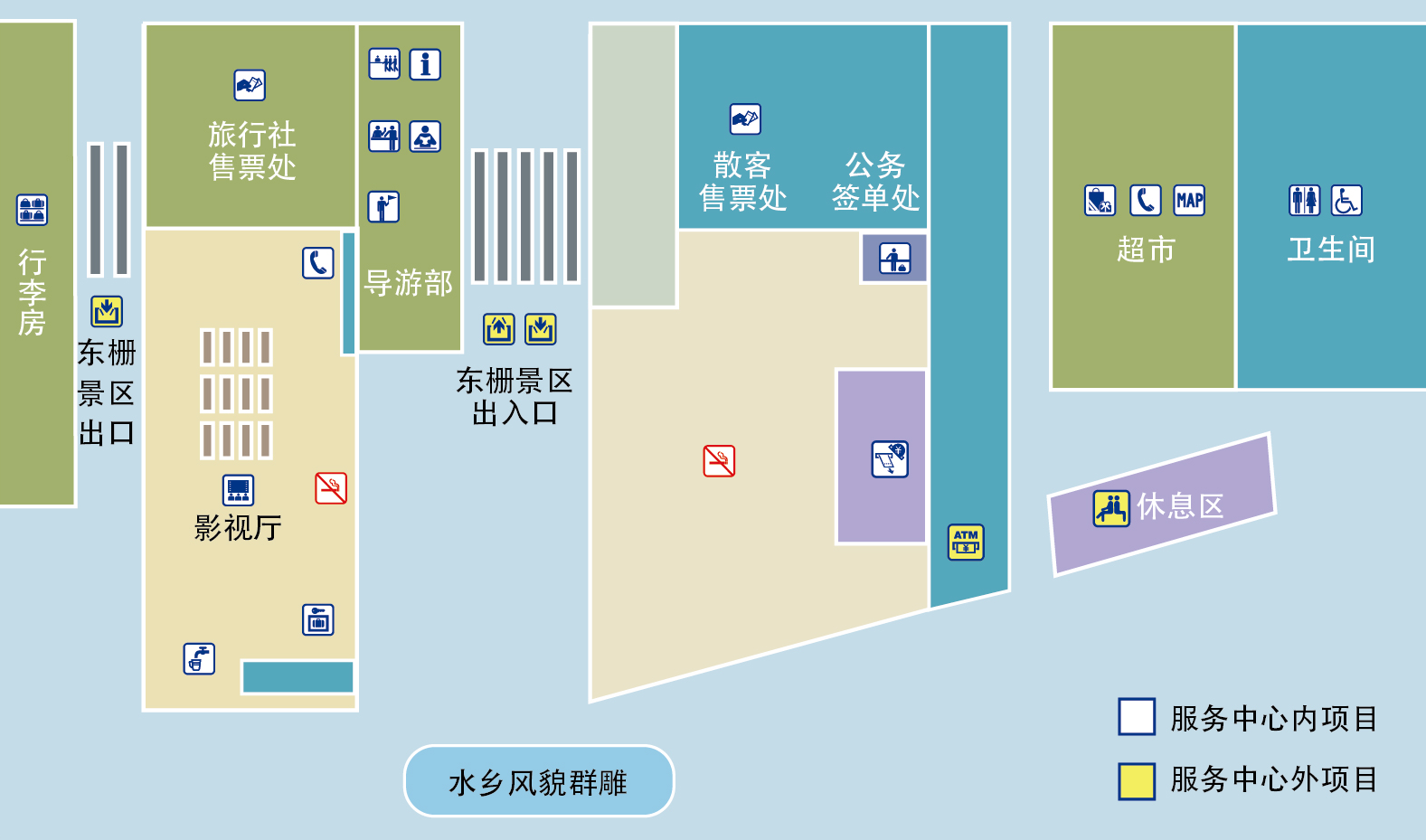

Styled Yiwen and nicknamed Luyin, Bao had clan origin in Changtang of She County, Anhui Province, and later moved to the Yangshu Bangnan Village in Qingzhen, Hangzhou, following Father Bao Sixu married a Gu native.
Zhejiang abounded in bibliophiles, hence libraries. Tongxiang in the Ming and Qing was well-educated by 4 big-names, Jia Le by the Yang in Puyuan, Qiu Zhu by the Wāng in Wutong, Tian Gai by the Lü in Chongde, and Zhi Bu Zu by the Bao in Wuzhen. As with the latter, it boasted a bountiful collection, with Zhibuzu Series up to 30 volumes curated by Bao himself and his descendants, mostly a medley of unique books and shanben (good editions.) Housing an impressive 207 types, the range featured prominently among ancient Good series, ranging from philology (Confucian classics & official chronicles), Mathematics, epigraphy, painting & calligraphy, geography, poetry to bibliography.
Purchases and copies were cheerful accessions. The renown being a book buff won an inflow of incoming deals, and alternatively, he travelled for promising sellers far and wide. For co-sharing and co-copying, Bao was in agreement with peer bibliothecas, like Xiaoshan Library by the Zhao brothers (aliases Gulin and Yilin), Zhenqi Library by the Wāng, Pinghua Library by the Wu, Shousong Library by the Sun, among others. More often than ever, he would put pen to paper in-person, in the case of good, rare and unique editions.
A savant in bibliology and bibliography, Bao had his eagle-eyes widened over time. His sharpened flair delved into the ins and outs of book offers coming to his doorstep, not to mention errors hidden in them. “A well read erudite, Bao is insightful with every unknown recorder whenever referred to,” as per Ruan Yuan, a renowned contemporary scholar. Enjoying show-stopping applause, Bao preferred a low-profile posture, with his library nicknamed Zhi Bu Zu, in a nod to the line “look beyond while learning”, right from the classics, Da Dai Li Ji (Books of Rites of the Elder Dai) by Dai De, a Han Dynasty ritual scholar.
Later, he dictated son Bao Shigong to submit a home collection of 626 types, mostly old versions of the Song and Yuan, via Zhejiang educational commissioner Wang Jie, to the royal taskforce. The team was commissioned by Emperor Qianlong, to assemble all books in print and still not into the colossus, Si Ku Quan Shu (Complete Library of the Four Literature Branches). The largest private contributor, the Baos were rewarded with a copy of Gujin Tushu Jicheng (Complete Classics Collection of Ancient China). Also, the whole submitted inventory was returned, with 2 books graced with the Emperor inscriptions, Que Shi (historical stories in Tang Dynasty by Gao Yanxiu, 854~?) and Wujing Zongyao (Outline Record of Military Science) coauthored by Zeng Gongliang and Ding Du. The commendation in the former went like this, “why look beyond (not enough) for being Zhi Bu Zu? Being book-thirsty is saintly. Behemoths well kept, and anecdotes secretly stashed,” literally a sought-after honor across the literati.
Praiseworthily, collection via propagation was a fantastic feature to give eternity to books via woodblock printing, which also embodied his philosophy of bibliography. With that, Bao cemented an eye-grabbing status in publishing, as seen from Zhibuzu Collection in 26 woodblock-printed volumes under his belt. Launched in 1796, the repertoire was right at the helm of his collation, exhausting all private panoply of ancient, Good, rare and copied editions. Advanced at 86, the octogenarian finished up with the honorary juren conferred from the court, causing a sensation. More notably, an underrated yet historic role in novel history was his woodblock print of Liaozhai Zhiyi (Strange Stories from a Chinese Studio by Pu Songling,. The earliest existing woodblock, it was the Qingke Pavilion edition, published in Hangzhou in Qianlong 30th year (1765). Once come out, the unsung hero was pushed to popularity, triggering a profusion of versions, from commented, lithographic to stereotype.
His was a lifetime of reading, bibliophilic, collecting and hoarding. Wide open to the public, he offered donations every so often, with collections for the greater good. Into declining years, the brilliant bookworm was poverty and illness -inflicted, putting a swansong to his cause, which dealt an apocalyptic blow to him, laid to rest in following year.
Applauded as a purist personage, Bao made a head-turning pose as an avid collector, carrying on the historical heritage to later generations.
Keyword:

